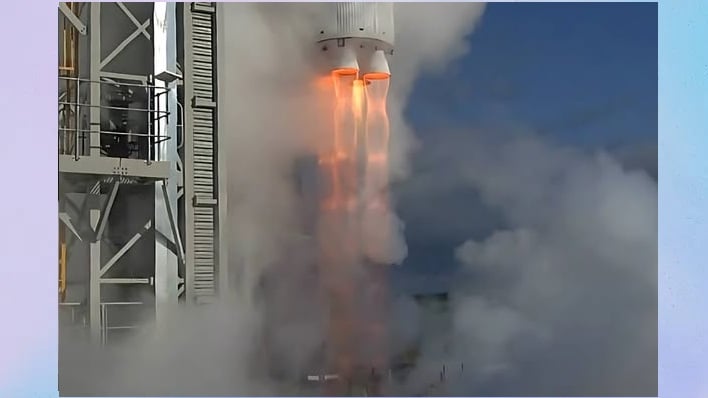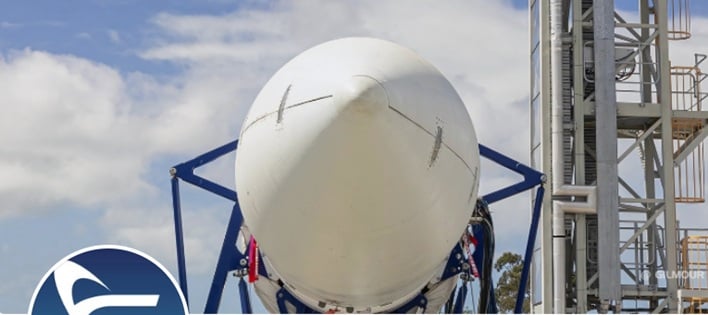Australia's First Orbital Rocket Crashes Seconds After Historic Launch
Despite this setback, a Facebook post by Gilmour Space Technologies a few hours ago described the flight as "a strong result and a major step forward for Australia’s sovereign space capability." In addition, the Australian aerospace company pointed out several positive aspects of the flight. Including the fact that "the team is safe and energized for Test Flight 2."

Gilmour Space Technologies also noted that only six major players launch to orbit regularly, and that the Eris rocket flight has brought Australia closer to these players. These major players are the United States, China, Russia, India, Japan, and the European Space Agency (its satellites created the first artificial solar eclipse in orbit), which represents a coalition of the efforts of some European countries in Space.
This test flight is a testament to the Australian Government's interest in advancing commercial space technology in Australia, an interest that is evident in the huge investment made in this sector. For instance, this month, a grant of A$5 million was released to support Eris's rocket development, while Gilmour Space Technologies also received a A$52 million grant from the Australian government about two years ago.

It is worth noting that the Eris rocket crash occurred during the first test flight. Gilmour Space Technologies has revealed that the second test will launch in the next 6-8 months. Before the launch, however, the Aerospace company says it will carefully examine flight data from the failed rocket launch and learn ample lessons that will increase the likelihood of a successful second launch.
Images courtesy of Gilmour Space Technologies

